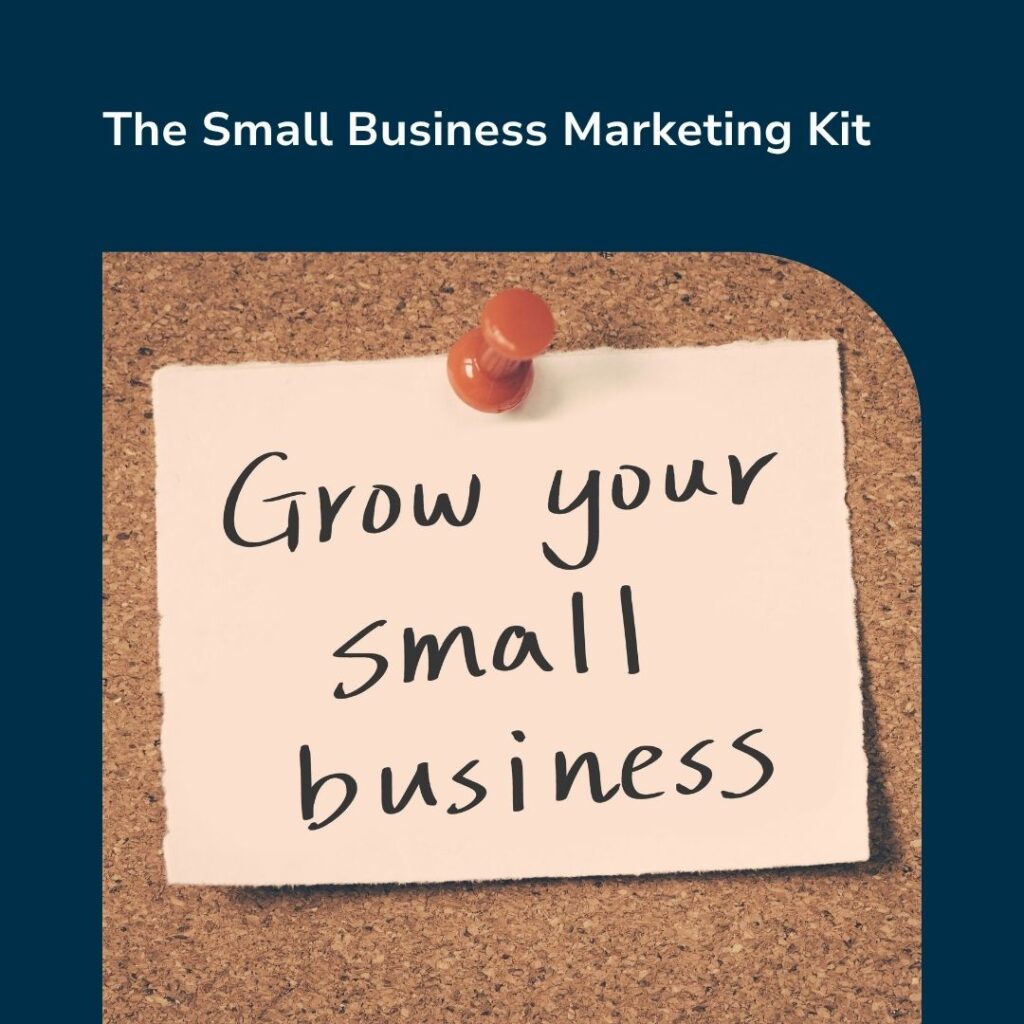Tags – Cluster Keywords for SEO
Do you want to dominate the search engine results pages (SERPs)?
Of course you do!
In order to achieve this, you need to implement a keyword clustering strategy.
Keyword clustering is the process of grouping related keywords together in order to target them more effectively.
By doing this, you will be able to improve your SEO performance and increase your website’s visibility.
In this blog post, we will discuss how to cluster your keywords for greater SEO success.
What is a Keyword Cluster?
Keyword clustering is the practice of optimising web pages for various forms of keywords and phrases.
It’s an efficient and creative technique for combining keywords, which is then sorted by either common secondary keyword modifiers or the variations that most closely resemble your preferred search engine’s results for the core search string.
So it is not that different from conventional keyword research – the difference between keyword clustering and traditional keyword research lies in the depth of the research.
To put it more simply, the most basic definition is to use various keywords and arrange them according to a shared theme – the webpage can then be optimised for multiple keywords, rather than just one.
The goal of this stage is to extract a group of high search volume keywords from various data sources.
The target customer, competitors and current market trends are all considered in order to come up with the list of high search volume terms.
This is an extremely industry-specific list of keywords. They allow you to use more powerful content marketing tactics, and empower your SEO efforts.
An Example of Keyword Clustering
To summarise, keyword clustering entails collecting several keywords that have the same semantic meaning for different people with the same intent, which allows users to reach your website via different search terms.
Just to make it clearer, let’s take a quick look at an example of keyword clustering. Let’s say 5 different users search these terms:
- Toddler bath toys
- Kids bath toys
- Bath toys for babies
- Best bath toys
- How to clean bath toys
If your website incorporates these terms (if you deal with baby bath toys), more people have the potential to land on your page. However if you were to only focus on one, you risk losing 80% (4 out of 5 search terms) of the opportunity.
How to Cluster Your Keywords
It may take some time and effort to implement the new keyword research approach and follow clustering methods.
You’ll have to make several major adjustments in your keyword research and content creation processes – but it’ll be worth it!
Furthermore, it will improve the targeted traffic influx on your website by improving your SEO content strategy. Here’s how to cluster your keywords…
1. Create a Keyword List
Keyword clustering starts with keyword research – a lot of it.
Start by thinking about the primary keyword you want to rank for.
Then, identify all of the different variations, long-tail phrases and subtopics of that keyword that users are searching for.
Here, you can also look at your competitors and see what terms they’re ranking for.
Use a keyword research tool to discover related keywords, autocomplete selections, subtopics, and questions that people are using to locate products and services like yours, and document this onto a spreadsheet.
Note, you’ll want to include the organic difficulty, search volume and cost-per-click metrics in your list, as this will help prioritise which terms have the most value.
2. Create Keyword Categories
From your list of keywords, you should start to notice patterns, such as the same words, phrases, synonyms etc. that searchers use.
And these patterns represent the potential ways you can cluster your keywords.
Throughout your content writing, make sure that the keyword segments are relevant in terms of semantic meaning and search volume – this will assist them in matching similar search intent and conversion potential.
3. Optimise Pillar Page Content
Keywords once grouped into clusters provide a road map for how to produce, optimise and arrange the content on your website.
Essentially, your keyword clusters represent the main themes of your website; referred to as “pillar pages“.
On-page SEO best practices should be used on the pillar pages for your keyword clusters. To improve the ranking of your pillar pages, focus on the following:
- Writing long-form content that explores the topic in depth
- Having a clear structure and include keyword phrases in H2 and H3
- Adding interactive elements, such as videos, jump links and carousels to improve page experience
4. Blog Content to Reinforce Keyword Clusters
To boost your ranking and the authority of your content, you’ll need to build blog content that reinforces your keyword clusters.
And, as you develop more content, these pages will create “topic clusters” on your site.
Here, the internal linking profile will play a key role in which landing pages rank on Google.
Essentially, your blogs should link back their relevant pillar page that will help strengthen your chances of ranking.
Plus, the more internal links you have, the more time users spend on your website as well as indicating to Google which pages of your site are most important.
Are Keyword Clusters Worth the Effort?
This implies that digital marketers must be more attentive to producing the most relevant content resource around a topic rather than optimising pages based on a set of predetermined keywords.
In other words, Google’s improvements allow it to identify the goal behind a query and match it to sites that provide the most reputable results.
This requires a fundamental shift in terms of SEO strategy, but the end result is considerably better search engine performance and a more pleasant user experience.
Overall, the goal of keyword clusters is to better understand the buyer’s journey and respond to their questions more successfully by focusing on those aspects of search queries that are more important, rather than simply monitoring keyword searches.
In addition, keyword clustering is an excellent content production framework that may be expanded beyond SEO into a more integrated approach.
For instance, content clusters might assist you in developing your AdWords extension strategy by tying together your SEO and pay-per-click strategies.
Want to know more? Get in touch today.
In the meantime, take a look at our SEO service here.
You may also like:









